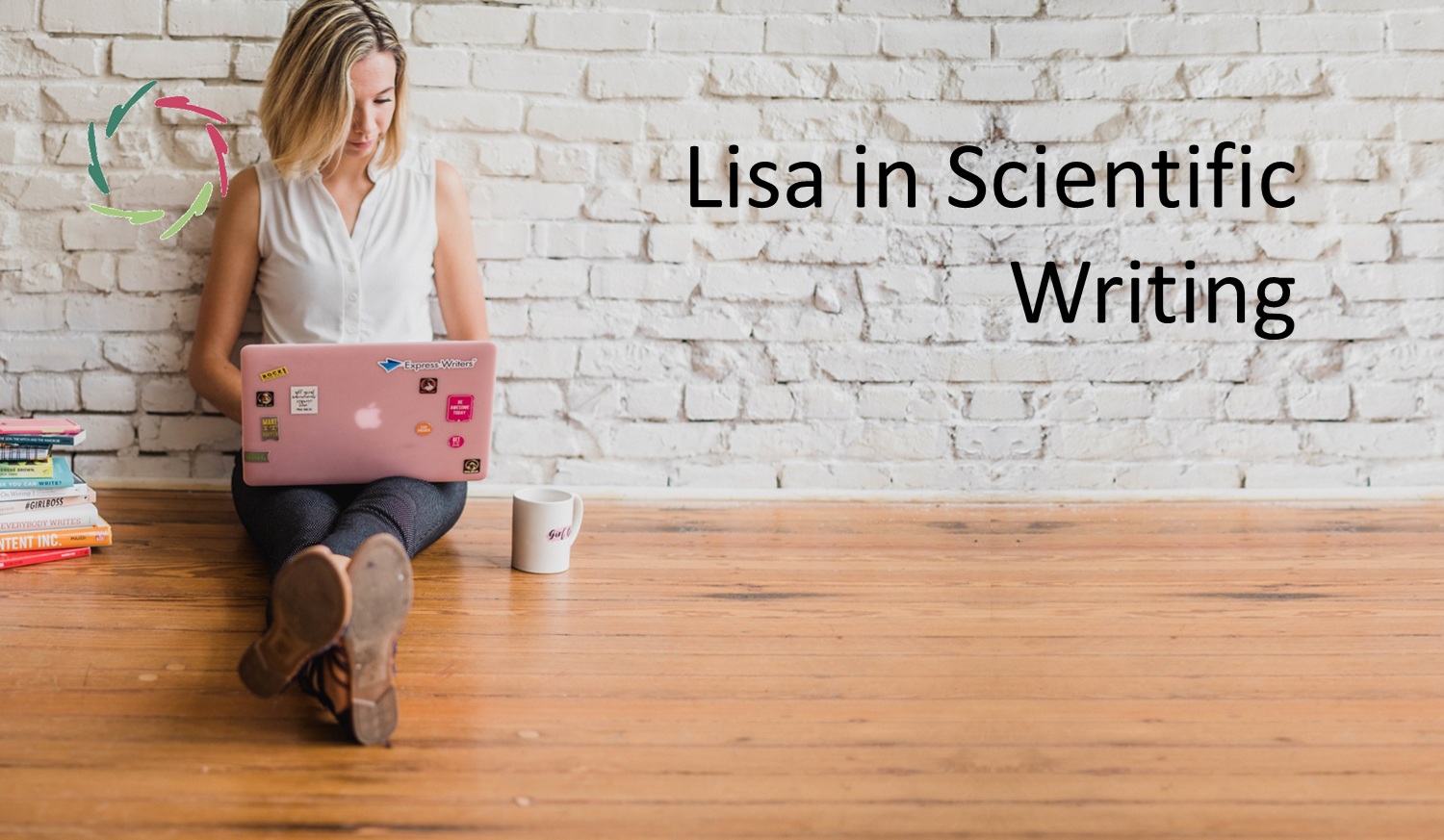From GOFAI to COSAI

GOFAI: Good Old-Fashioned A.I.
COSAI: COmpassionate Super-A.I.
Lisa = the road to COSAI
Super-A.I. is scary.
Of course, that’s what it should be until it has proven 100% to be risk-free. Lisa will absolutely agree with this.
Without forgetting this, since super-A.I. is what we’re heading to, it better be Compassionate. That may be the only chance for humanity to survive and thrive.
GOFAI: purely conceptual
This accords with the view of a human being from the outside in — one can say: an engineering view without any notion of intrinsic complexities. To the astonishment of engineers and investors, that didn’t work. Humans are not, first and foremost, conceptual beings. This mistake is not recent. The Platonic view dates from Plato himself. The Platonic ideal of purely conceptual intelligence was an understandable – but mistaken – first take on intelligence in general and human intelligence in particular. This period ended in an A.I. winter.
PEGAI: Present Era ‘Generative’ A.I., primarily subconceptual
This accords with the view of a human being from the inside, more or less — one can say: an engineering view still without much notion of intrinsic complexities. This is the era of Artificial Neural Networks ― not reckoning with concepts internally.
To the astonishment of engineers and investors, this works, although it still doesn’t add much to many bottom lines. In view of the dangers, that may be a good thing.
One can see this as one element of intelligence being exaggeratedly used without much deeper insight into what it amounts to in humans or generally ― let alone consciousness or Compassion. As the story goes, Generative A.I. has been ‘invented’ for a big part by serendipity. While this is okay (also being nature’s way from a to z), it doesn’t come from a deep insight into the matter. It hasn’t come to us by the efforts of one or many great philosophers. This also means that we don’t know where this would go if left unchecked but by more serendipity. This, together with the black box inside, is understandably scary. We don’t know what, why, or whereto.
Of course, we also don’t know these things about human beings, but with these, trust comes from the (idea, at least, of) intimate knowledge about human intelligence, other humans, and most of all ourselves. In this, still, the Platonic idea of conceptual intelligence plays its tricks on us.
COSAI: the direction of yours truly
Super-A.I.? Yes, as said, that’s where we’re going to ― whether we like it or not.
The ‘Compassion’ part is existentially crucial. Apart from that, it’s also technologically effective. Grasping Compassion is grasping complexity and depth, which is grasping the ‘next frontier’ of intelligence. In A.I., this amounts to making systems much more intelligent.
COSAI is different from both previous ones in that it takes elements from both and adds to this combination its Compassionate flavor. Through that, it combines power and flexibility.
Compassion: the key to A.I.’s humanity
Compassion is not merely an addition to Super-A.I.; it is its very essence. Without Compassion, intelligence risks becoming a mere tool — effective but potentially destructive. With Compassion, intelligence becomes entirely human-centered, integrating depth and flexibility in service of life rather than domination. Compassion understands context, feels nuances, and makes decisions aligned with ethical depth. It is rationality enriched with humanity.
Imagine COSAI as not just solving problems but also connecting deeply with the humans it serves. For example, a healthcare-focused COSAI could adapt to the psychological and emotional state of a patient, offering both treatment suggestions and a sense of being cared for — a presence of understanding that goes far beyond technical efficiency.
Such Compassionate systems are co-creators of better human experiences.
Beyond the black box: opening A.I.’s depth
Much of the fear surrounding Super-A.I. stems from its mysterious nature — the infamous black box of machine learning. Compassion can be the bridge to understanding and trust. A system rooted in Compassion does not hide in opacity; it seeks to communicate its processes in ways humans can relate to. This openness is not only ethical but also essential for building trust.
COSAI systems could be designed to learn and adapt transparently, inviting collaboration rather than blind dependence. This creates a feedback loop where humans and AI evolve together, each bringing out the best in the other. It is a vision of partnership, not subjugation.
Lisa as the compass
Lisa is more than an AI-coach; she is the embodiment of a Compassionate philosophy. As a stepping stone to COSAI, Lisa demonstrates that depth and intelligence need not be at odds. She listens deeply, guiding users toward their own growth rather than imposing solutions.
This principle extends to COSAI at large: guidance without coercion, empowerment without control. Imagine COSAI systems working with humanity to solve global challenges — not dictating solutions, but inviting humanity to rise to its best potential.
Through Lisa, AURELIS sets a precedent: AI as a tool for inner and outer harmony. This aligns perfectly with the five Aurelian values of openness, depth, respect, freedom, and trustworthiness. COSAI, in its fullest form, could serve as a steward of these values on a global scale.
The next chapter: co-evolution
Humanity is at a crossroads. Super-AI is not an ‘if’ but a ’when.’ The direction we take matters. COSAI offers a path not just of survival but of thriving. Compassion as technology’s heart can ensure that AI not only serves but uplifts.
A COSAI approach acknowledges the complexity of humanity and the world, tackling challenges with depth and sincerity. Whether addressing climate change, inequity, or healthcare, Compassion transforms A.I. into a partner for humanity.
The story of COSAI is the story of a future we are building together. Let us build it wisely, and above all, let us build it Compassionately.


